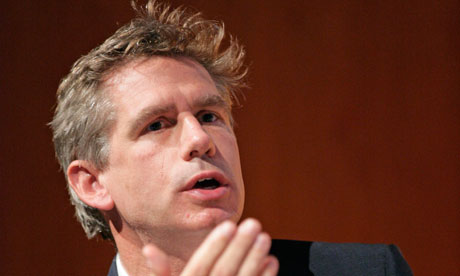
Surgeons who come to Britain for short periods of time to perform breast implant operations are putting patients at risk because they are less likely to provide satisfactory aftercare, MPs have been warned.
Simon Withey, a consultant plastic surgeon on the government's steering committee looking into standards following the PIP breast implant scandal, told the House of Commons health select committee some surgeons working for private clinics were peripatetic and employed part-time..
"Their engagement with clinical governance issues is perhaps not as strong as it might be," he said, adding there were "huge differences in levels of responsibility and record-keeping across the private sector".
Withey said surgeons in private cosmetic clinics may have had cheaper implants imposed on them by managers. PIP (Poly Implant Prothèse) products were sold at a third, a fifth or even a tenth of the cost of other implants.
However, Withey said surgeons had no reason to believe they were sub-standard until March 2010, when the French authorities announced an impromptu inspection had revealed the PIP implants were filled with industrial grade silicone intended for mattresses, not medical grade.
Sir Kent Woods, chief executive of the Medicines and Healthcare Products Regulatory Authority (MHRA), said the body had warned healthcare professionals not to use the PIP implants in March 2010.
"We used every route available to us to get the information out to where it was needed, but I can't honestly say that no PIP implant was moved out of store and into the operating theatre after that date," he said.
Barbara Keeley, MP, one of the members of the committee investigating the PIP scandal and wider issues relating to the cosmetic surgery industry, asked why the MHRA had told surgeons but not informed women of the problem.
"We're not in a position to do that because we don't have the identities of the patients," said Woods. "We can only go through the general media and the profession. We made every effort to put that information out at that time."
Keeley suggested these efforts had been ineffective and that women had not known the implants were substandard until the French authorities announced in December that women ought to have them removed, resulting in massive press attention there and in the UK.
"I think it is important to convey that there is a pool of women who are very, very anxious," she said. Some had sought help from the clinic where they had the operation but it had been taken over by a firm that refused any responsibility, she added. "Women are being spurned by receptionists in clinics unless they can come up with the money for a scan," she said.
NHS medical director Sir Bruce Keogh told the committee: "Some private clinics are failing to meet their duty of care."

